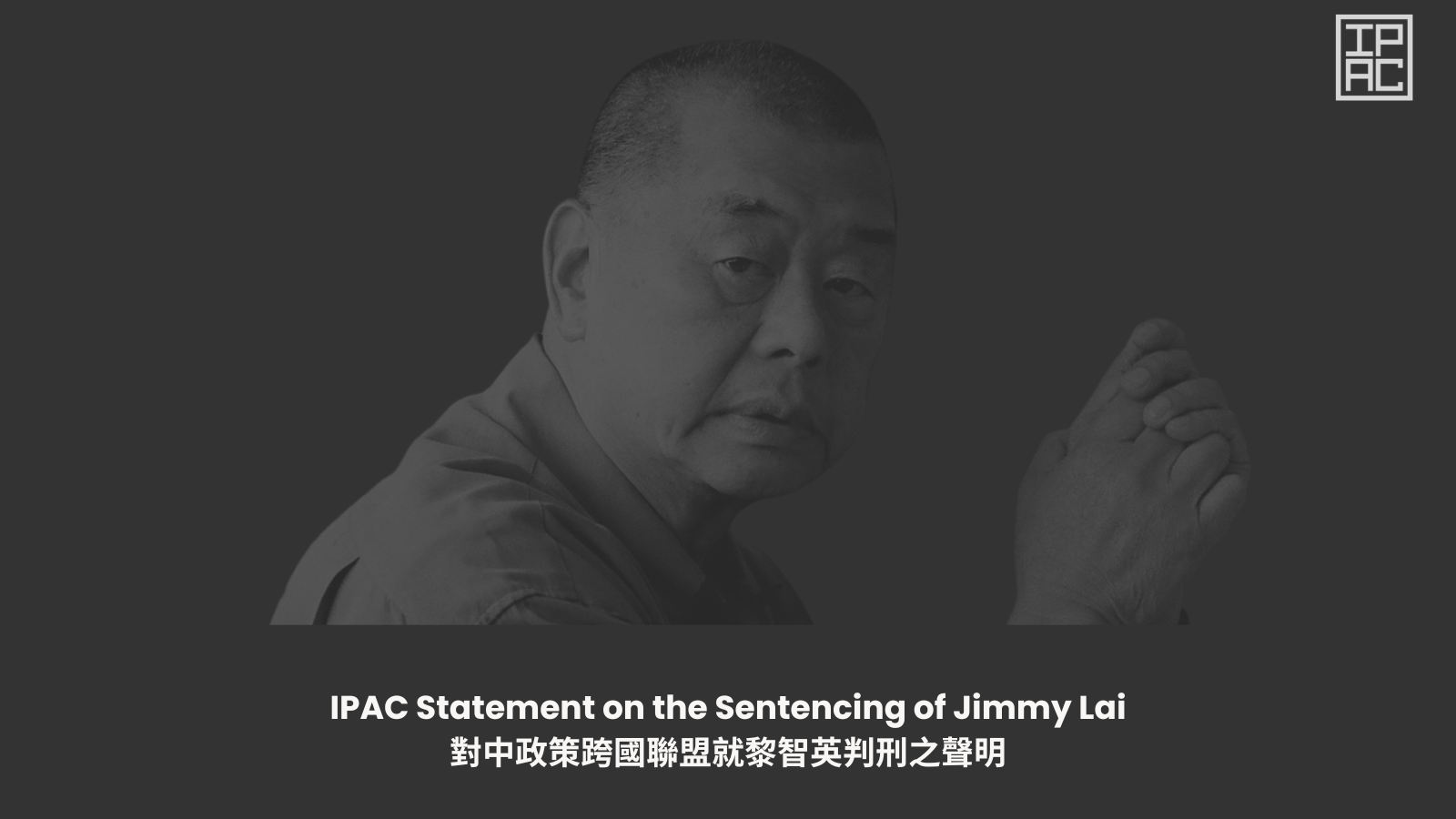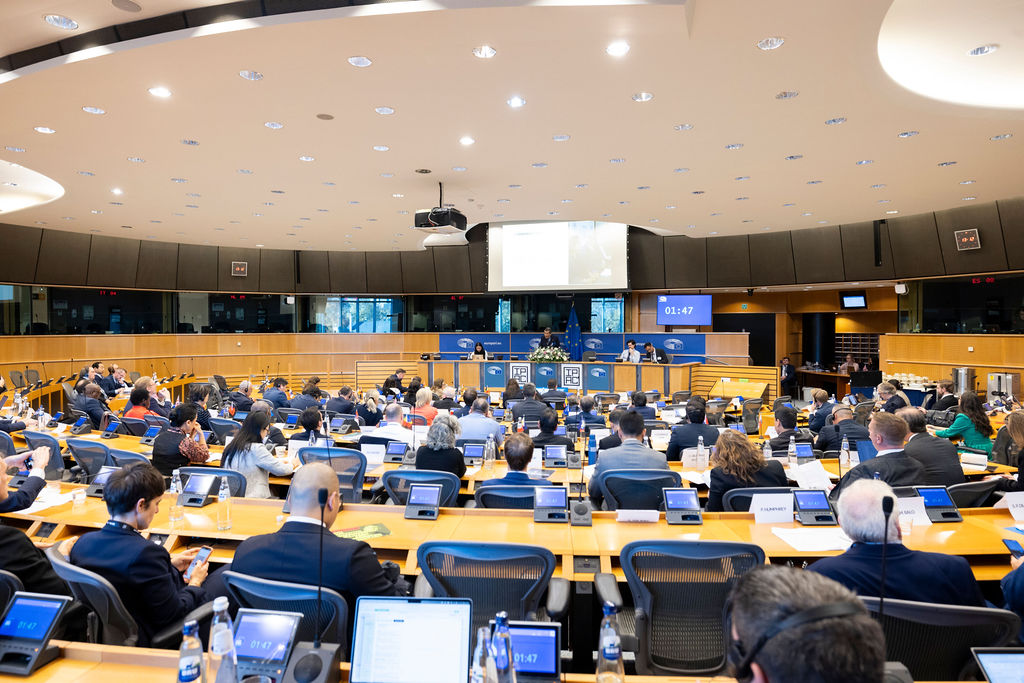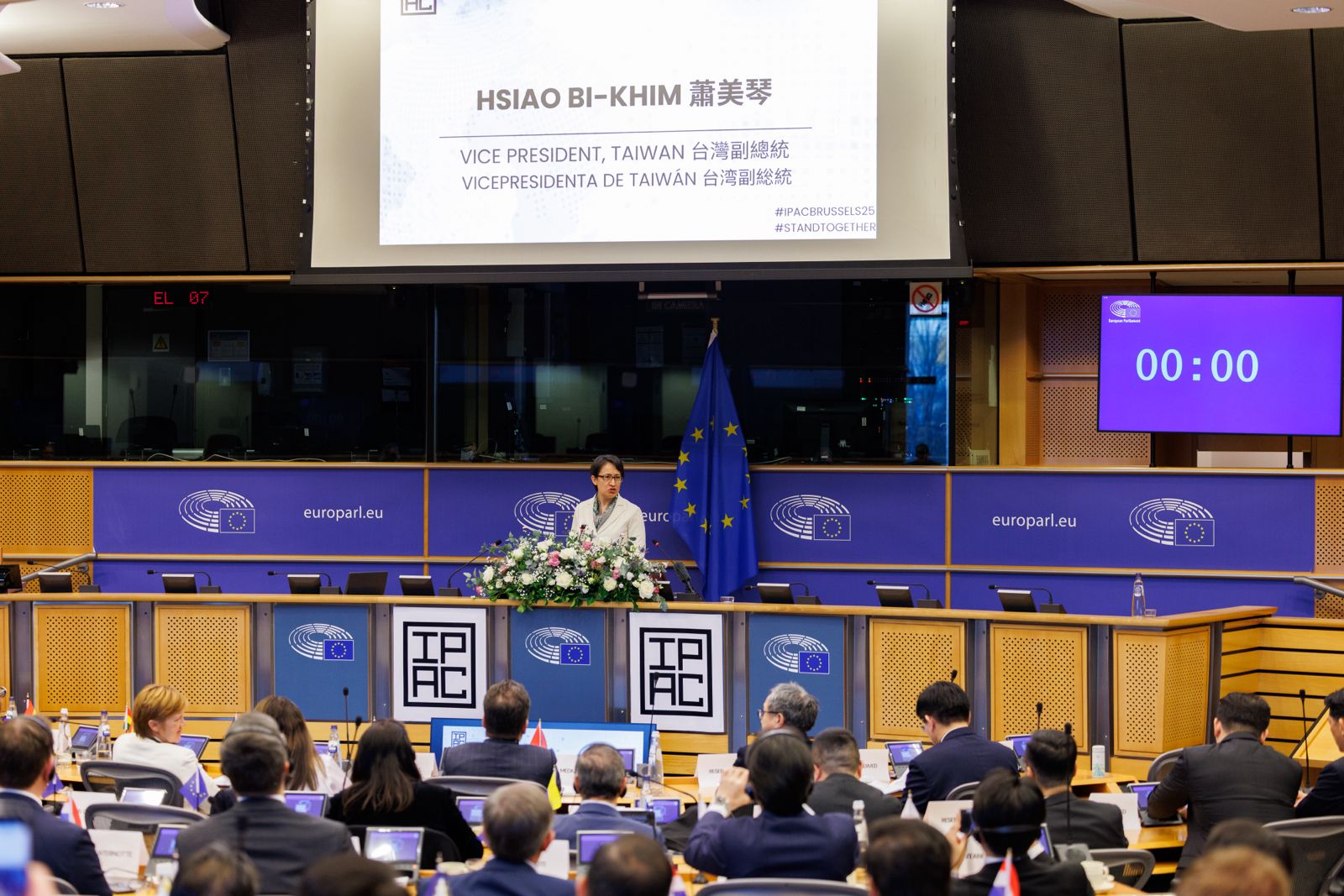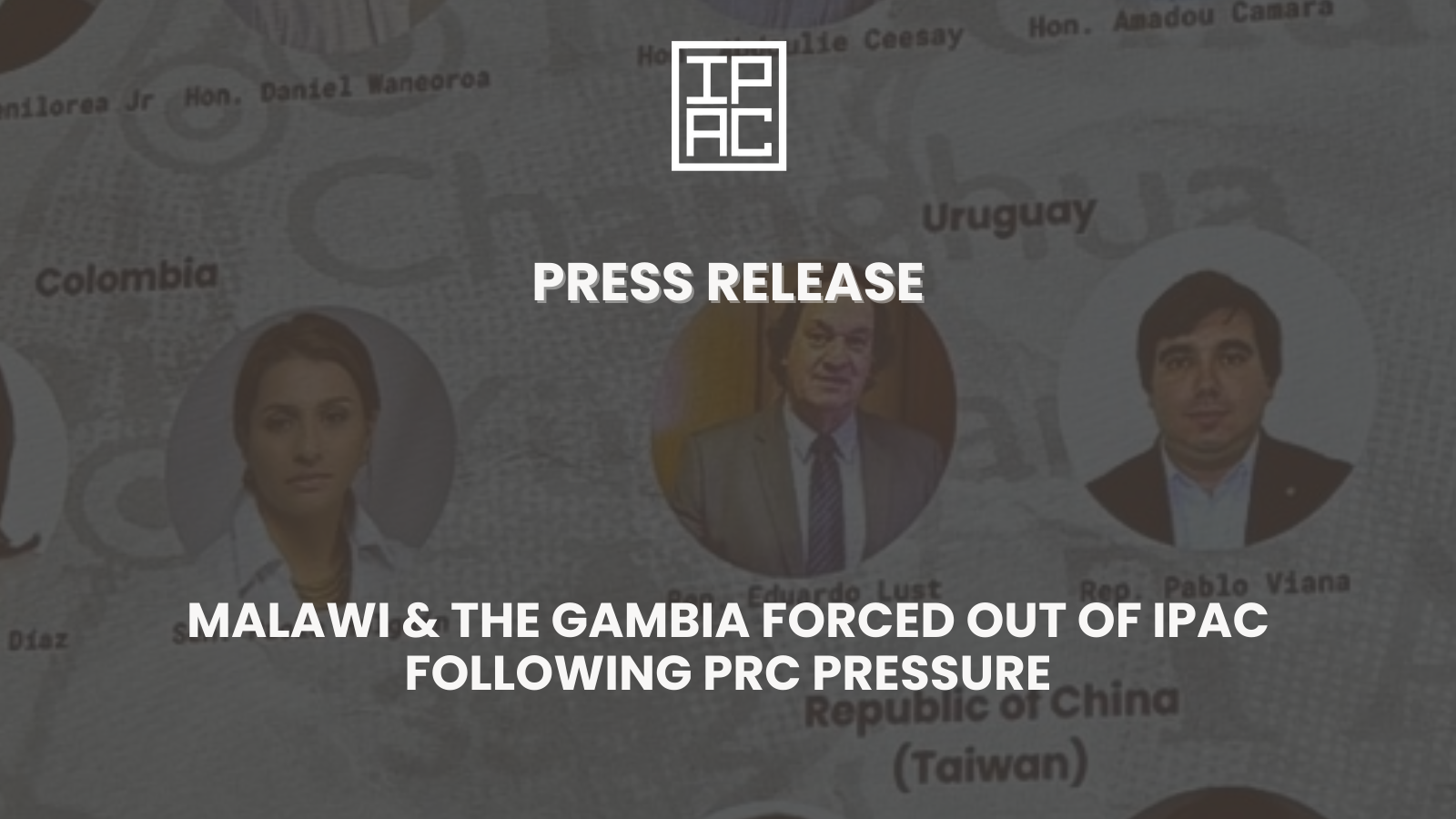BASF Quits Xinjiang Amid Pressure

PRESS RELEASE:
German chemical giant BASF has agreed to accelerate their withdrawal from Xinjiang, after reports exposed BASF partner, Xinjiang Markor Chemical Industry, had been working with state officials to intimidate Uyghur and other minority groups.
BASF CEO, Martin Brudermüller, communicated the news to a group of IPAC politicians and advisors on a call on February 9th, committing to withdrawal “within months” because a “red line” had been crossed that was not compatible with the company ethos.
The company posted a press release shortly after the meeting:
“Nonetheless, recently published reports related to the joint venture partner contain serious allegations that indicate activities inconsistent with BASF’s values. Consequently, BASF will accelerate the ongoing process to divest its shares in the two joint ventures in Korla, subject to negotiations and required approvals of the relevant authorities..”
The online meeting, attended by Reinhard Bütikofer MEP, Senator Pavel Fischer, Arfiya Eri MP, Sir Iain Duncan Smith MP, Dr Adrian Zenz, and Luke de Pulford, followed a letter signed by over 70 politicians from around the world, which demanded BASF withdraw from the region.
Arfiya Eri MP, a Japanese Uyghur politician and IPAC Member said:
“This groundbreaking and historically significant decision by BASF to accelerate its withdrawal from the Uyghur region puts the global company on the right side of history and sets precedent and example for others still complicit in the ongoing grave human rights crisis in the region. The complicity of a myriad multinational corporations still benefiting from supply chains tainted by Uyghur forced labor, and exporting such products to the global market, forces each and every one of us, and our countries, to be associated with what the United Nations has called possible crimes against humanity, and many countries have determined a genocide, without choice. I welcomed the opportunity to remind the BASF leadership of the human tragedy of what is happening in the Uyghur Region, and trust that they will follow through with best intentions to withdraw from these harmful partnerships. I am truly grateful and proud of IPAC and BASF colleagues for prioritizing human rights above all, and sincerely hope that many corporations will follow suit.”
Dr Adrian Zenz, IPAC Advisor, and researcher behind the reports said:
“While it is unfortunate that BASF did not conclude sooner that their presence in Xinjiang was untenable, especially in light of its own history, this decision is very much welcomed. Now, Volkswagen’s continued presence in the region will be even more problematic.”
Sir Iain Duncan Smith MP, IPAC Co-Chair said:
“I welcome this announcement, but we should not forget that BASF’s dealings in Xinjiang are relatively small. Many other companies with much bigger stakes in the region are carrying on regardless of the atrocities unfolding around them. Volkswagen, for example, have massive operations in the Uyghur Region and have been heavily criticised for complicity in atrocities. It’s time for them to do the right thing and put their values above their profits.”
ENDS
Enquiries: press@ipac.global


.png)
%20(1).png)
.jpg)
%20(1).jpg)
%20(1).jpg)



.png)
.png)
.png)
.png)


.jpg)
.png)


.png)
.png)
.png)

.png)



.png)



.png)







.png)










